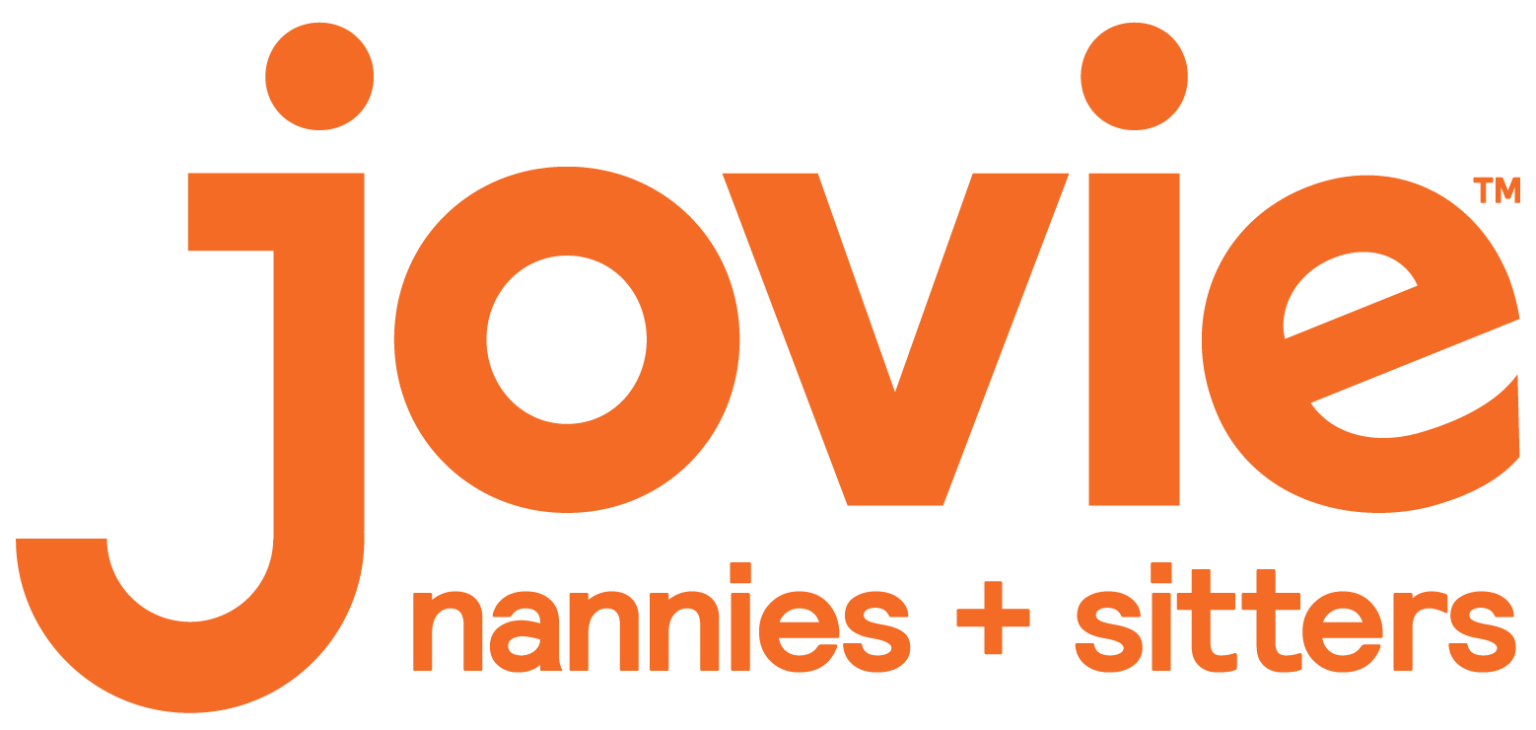Babysitting is often one of the first jobs young people take on, which means it’s also their first experience with taxes! Whether you’re a teenager looking to make some extra cash or a seasoned nanny, understanding how to handle taxes on your babysitting income is important. The idea of tackling taxes might feel overwhelming, but it can actually be quite manageable. Let’s take a look at the key things you should know to make tax season a little easier for you as a babysitter!
Filing Taxes as a Babysitter
If you’re wondering whether you need to report your earnings as a babysitter, you’re not alone! The simple answer is that, most likely, you do. According to the IRS, if you earn more than $400 in self-employment income, you are required to file a tax return and pay self-employment taxes. Even if you’re paid in cash, you’ll need to include that income when filing your taxes.
Now, whether you owe taxes on that income can vary. It depends on your total earnings, your filing status, and any possible deductions you have. Even if you think you might not owe anything, filing your taxes is still a good idea. This way, you can avoid any surprises down the line. Staying on top of your taxes helps keep everything smooth and stress-free!
Tax Forms You’ll Need as a Babysitter
Navigating tax forms can seem tricky, but don’t worry! As a babysitter, you typically only need to focus on two main forms, depending on your employment situation.
Most babysitters work as independent contractors. In this case, the family you sit for won’t hold back any taxes from your pay. If you earn more than $600 from a single client, they are required to provide you with a Form 1099-NEC by January 31.
If you’re classified as a household employee, your employer will take care of withholding taxes from your paycheck throughout the year. At the end of the year, they’ll give you a W-2 form.
Once you have your 1099-NEC or W-2, you can use that information to complete Form 1040, Schedule C, to report your babysitting income. If you have any questions, consider asking a tax professional. It’s always good to clarify things to get the most out of your earnings.

Babysitting Tax Deductions
Tax deductions, commonly referred to as “write-offs,” are a great way to reduce your taxable income by accounting for job-related expenses. If you’re a babysitter, there are a few common expenses you can write off:
- Transportation costs when traveling to and from babysitting jobs (excluding your commute from home).
- Supplies you buy for activities with the kids (such as arts and crafts materials or games).
- CPR or first aid training fees.
- Advertising costs, such as flyers or social media promotions for your babysitting services.
To ensure you can claim these deductions, keep detailed records and save all receipts. The IRS recommends keeping records for at least three years in case of an audit.
Paying Estimated Taxes Throughout the Year
If you’re working as an independent contractor and anticipate having tax obligations from your babysitting income, it’s a good idea to plan ahead by making estimated tax payments throughout the year. Doing this can avoid owing a hefty sum when tax season arrives.
To help you figure out how much you should set aside, you can use Form 1040-ES, which is designed for estimating your taxes.
The IRS recommends making quarterly payments by the following deadlines:
- April 15
- June 15
- September 15
- January 15 (of the following year)
Making these payments at the end of each quarter will help you have a better grasp of your finances and keep things stress-free!
Staying Organized: The Key to Making Babysitting Taxes a Breeze
Tax season can feel daunting, but there are some simple ways to make it easier:
- Keep a log of all your babysitting earnings, noting the dates and amounts you were paid.
- Track expenses related to babysitting, as these can often be deducted from your taxes.
- Save receipts for work-related purchases, whether digital or printed.
- Use IRS online tools, such as IRS Free File, if you qualify for free tax preparation.
This level of organization helps you steer clear of any potential issues with the IRS and can save you money come tax time.
Ready to Grow Your Babysitting Business?
Now that babysitting taxes seem more manageable, it’s time to grow your babysitting business! When you join Jovie as a childcare provider, Jovie acts as your employer–matching you with families based on your needs, offering training and education, and, yes, streamlining those pesky tax processes! Plus, you’ll be part of a network of other babysitters and nannies just as excited about providing quality childcare as you are.
Disclaimer: This document is for informational purposes only. We are not a tax company or representative. Please consult your own tax representative if you have any questions.













